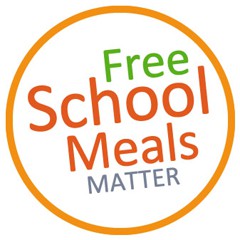Online Safety
What is online safety?
This can also be called ‘internet safety’, ‘e-safety’ or ‘web safety’. Online safety is often defined as the safe and responsible use of technology. This includes the use of the internet and also other means of communication using electronic media (e.g. text messages, gaming devices, email etc).
Our top tips for children:
1. Always check with a parent or carer before buying anything online.
2. Never accept a friend request or talk to somebody you don’t know.
3. Always check with a parent or carer before you input your personal details online and never into anything that you do not recognise.
4. Talk to a trusted adult if you see something that makes you feel uncomfortable online.
Across the Federation, we take online safety extremely seriously. We believe that all children have the right to feel safe and secure when using different types of digital technology.
By embedding online safety across our curriculum, we aim to empower children to use the internet and other technologies safely and responsibly. We ensure that all children know what to do if they are uncomfortable with anything they see, hear or experience online and teach them the correct way to report it.
If a child feels uncomfortable with anything they have seen, experienced or know of a peer that they may be concerned about online, then we encourage them to follow these simple steps:
- If something doesn’t feel right… it probably isn’t.
- Tell an adult you trust straight away.
Below is the information from our most recent online safety session for parents:
Online Safety Presentation
We can only be successful in keeping children safe online if we work together to ensure our online safety message is consistent. It is important that parents speak to their children about how to keep safe and behave appropriately online.
Below are a select few websites and documents offering advice and guidance on how best to keep children safe online:






